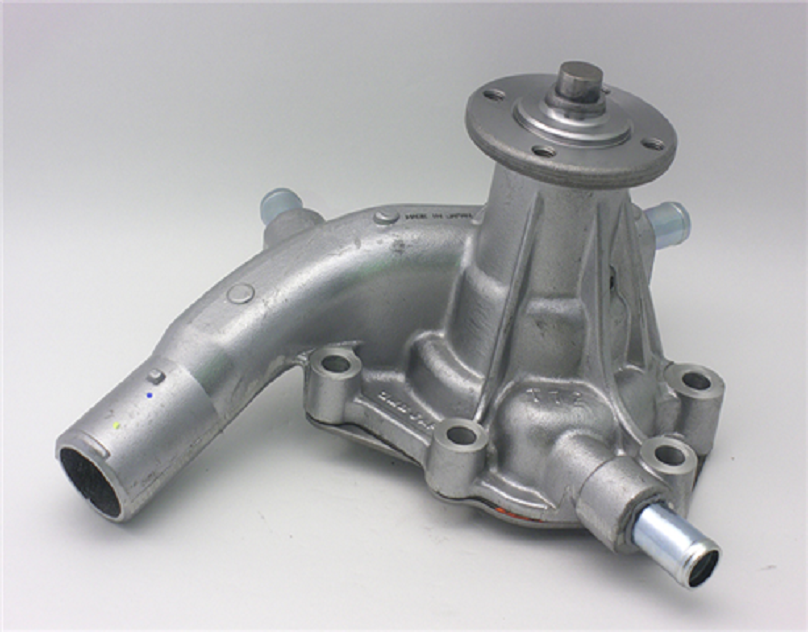Introduction: Water is the essence of life, and its availability is crucial for the sustenance and well-being of all living beings. In both urban and rural areas, water pumps play a vital role in extracting and delivering water from various sources, ensuring its availability for domestic, agricultural, and industrial purposes. In this article, we will explore the significance of water pumps, their types, and their contributions to society.
Access to Clean Water: Water pumps serve as the lifeline for communities that lack access to clean and safe water sources. In rural areas, hand pumps and submersible pumps are commonly used to extract water from wells, boreholes, or underground aquifers. In urban areas, centrifugal pumps are employed to supply water from reservoirs or municipal water treatment plants. These pumps enable communities to have a reliable supply of clean water for drinking, cooking, and sanitation, thus preventing waterborne diseases and improving overall health.
Agricultural Irrigation: Agriculture is heavily dependent on water, and water pumps play a crucial role in providing irrigation to crops. Agricultural pumps, such as centrifugal pumps or turbine pumps, are utilized to draw water from rivers, lakes, or underground sources and distribute it across vast farmlands. By ensuring a consistent supply of water, these pumps facilitate increased crop yield, improved food security, and sustainable agricultural practices.
Industrial Applications: Water pumps are integral to numerous industrial processes, including manufacturing, power generation, mining, and construction. They are used to circulate and transfer water in cooling systems, provide pressure for machinery and equipment, and facilitate the transportation of liquids through pipelines. Industrial pumps, such as centrifugal pumps, reciprocating pumps, and diaphragm pumps, are designed to handle high volumes and pressures, ensuring efficient operations across various industries.
Flood Management: Water pumps play a critical role in managing and mitigating the damaging effects of flooding. During heavy rainfall or natural disasters, floodwater needs to be pumped out of residential areas, basements, and roads to prevent property damage and ensure public safety. Submersible pumps and portable pumps are commonly used for dewatering purposes, rapidly removing excess water and preventing further inundation.
Wastewater Treatment: Efficient wastewater treatment is vital to maintain environmental sustainability and preserve water resources. Water pumps are instrumental in the transportation of wastewater from residential and industrial areas to treatment plants. Submersible pumps, grinder pumps, and sewage ejector pumps are employed to handle the diverse types of wastewater encountered. These pumps ensure the smooth flow of effluent through the treatment process, enabling the removal of contaminants and the safe discharge or reuse of treated water.
Water pumps are indispensable devices that ensure the availability, distribution, and management of water resources in various sectors of society. From providing access to clean drinking water in rural communities to supporting agricultural productivity, industrial processes, flood management, and wastewater treatment, water pumps play a vital role in sustaining life and facilitating human progress. As the world continues to face water scarcity challenges and growing population demands, the development and utilization of efficient and sustainable water pumping technologies will be crucial to meet the global water needs of both present and future generations.
For More Info:-






Comments